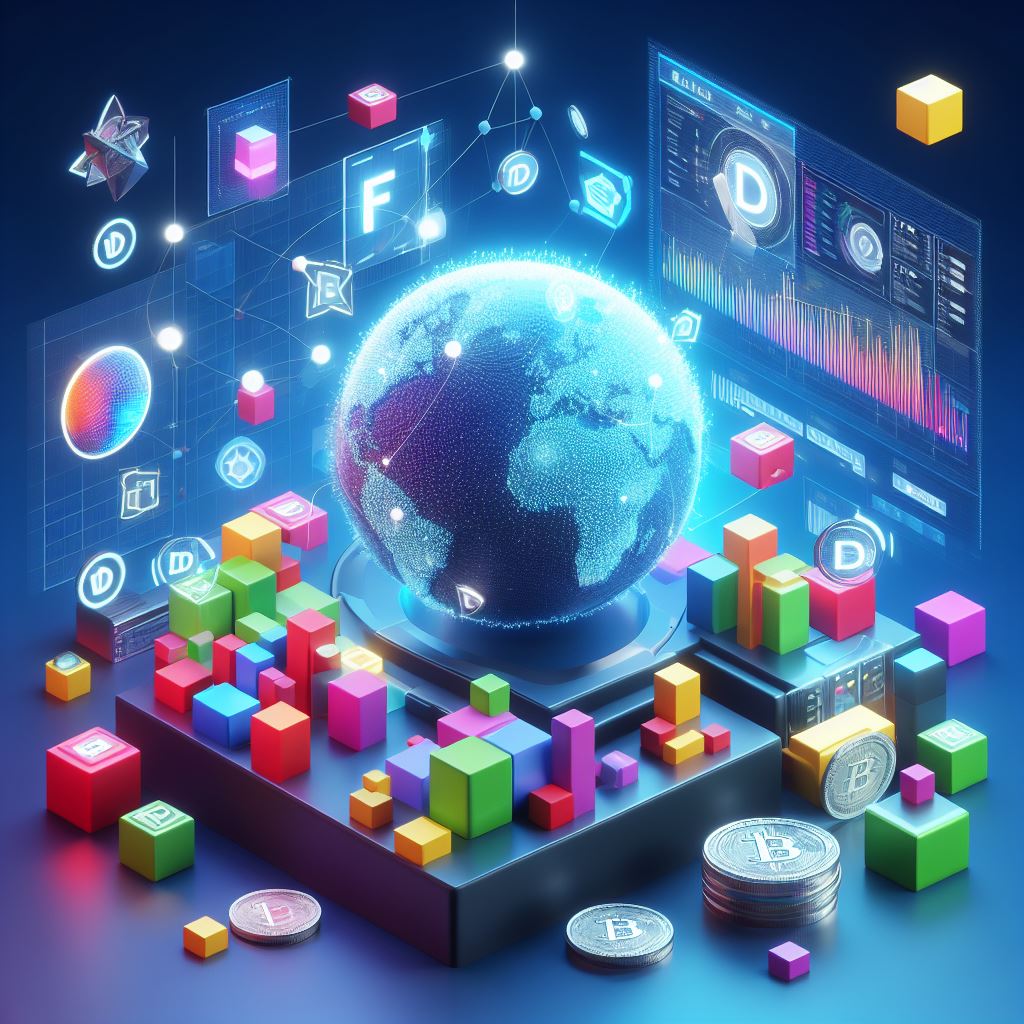As the leaves change color and the air turns crisp, there’s another transformation underway that’s set to revolutionize the financial landscape: the rise of real-world assets in Decentralized Finance (DeFi). This Autumn 2023, we’re witnessing an unprecedented surge in the tokenization of real-world assets, unlocking vast amounts of liquidity and bringing a new level of accessibility and inclusivity to finance.
The Dawn of a New Era in DeFi
DeFi has been making waves for its ability to democratize finance, eliminating intermediaries and opening up access to financial services. But this Autumn, we’re seeing a shift. The focus is moving beyond purely digital assets to encompass real-world assets. This includes everything from real estate and commodities to intellectual property and even fine art.
Tokenization: The Key to Unlocking Liquidity
Tokenization is a transformative force in the DeFi landscape, acting as the key to unlocking liquidity and democratizing access to a wide range of assets. But what exactly is tokenization, and how does it contribute to the liquidity in the DeFi space?
In the context of DeFi, tokenization refers to the process of issuing digital tokens that represent real-world assets. These assets can be as diverse as commodities, real estate, or even art. Each digital token acts as a stand-in for the real-world asset it represents, carrying the same value and ownership rights.
The beauty of tokenization lies in its ability to divide large, indivisible assets into smaller units. For instance, consider a piece of real estate. Traditionally, if you wanted to invest in real estate, you’d have to buy an entire property. But with tokenization, that property can be divided into numerous tokens. Each token represents a fraction of the property, allowing investors to buy into real estate at a much lower price point.
Once these tokens are created, they can be traded on decentralized exchanges. This allows for more efficient and transparent buying and selling of the underlying assets. It’s this tradeability that unlocks liquidity. Assets that were once illiquid – like real estate or fine art – can now be easily bought and sold on the open market.
Moreover, tokenization also brings with it the potential for greater transparency and efficiency. On the blockchain, all transactions are recorded on a public ledger, providing a level of transparency that’s not possible with traditional investments. And because these transactions are automated using smart contracts, they can be completed more quickly and efficiently.

Real-World Assets Meet Blockchain
So, how does it work? Let’s take real estate as an example. Traditionally, investing in real estate has been out of reach for many due to high entry costs. But by tokenizing a property, it can be divided into smaller, more affordable units. These tokens can then be bought and sold on a DeFi platform, allowing anyone to invest in real estate.
But it’s not just about making investments more accessible. Tokenization also brings with it the potential for greater transparency and efficiency. On the blockchain, all transactions are recorded on a public ledger, providing a level of transparency that’s not possible with traditional investments. And because these transactions are automated using smart contracts, they can be completed more quickly and efficiently.
The Impact on the DeFi Landscape
The implications of this are enormous. By bringing real-world assets onto the blockchain, we’re vastly expanding the scope of DeFi. It’s no longer just about cryptocurrencies; now virtually any asset can be part of the DeFi ecosystem.
Moreover, this trend is helping to bridge the gap between traditional finance and DeFi. It provides a way for traditional assets to move into the blockchain space, bringing with them a whole new audience of investors.
In conclusion, this Autumn marks a significant milestone in the evolution of DeFi. By unlocking the liquidity of real-world assets through tokenization, we’re not just transforming finance; we’re creating a more inclusive and equitable financial system for all.
